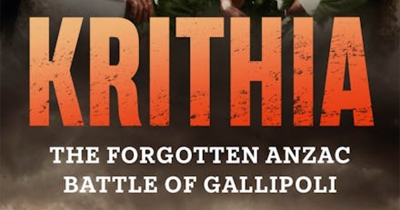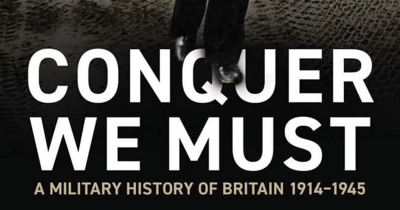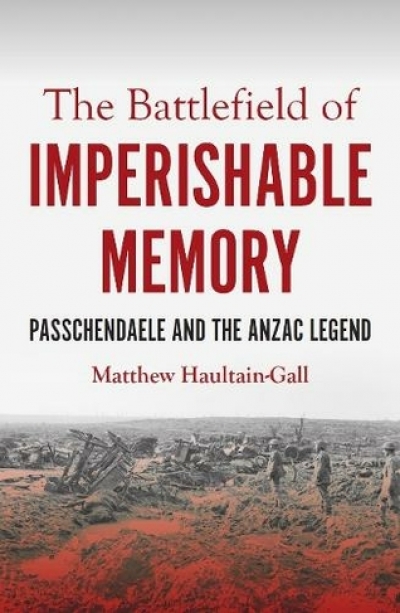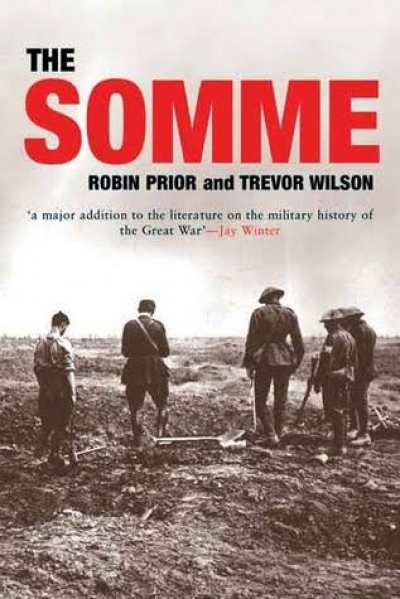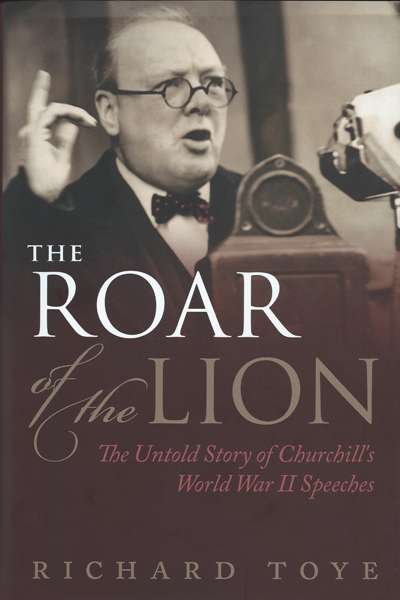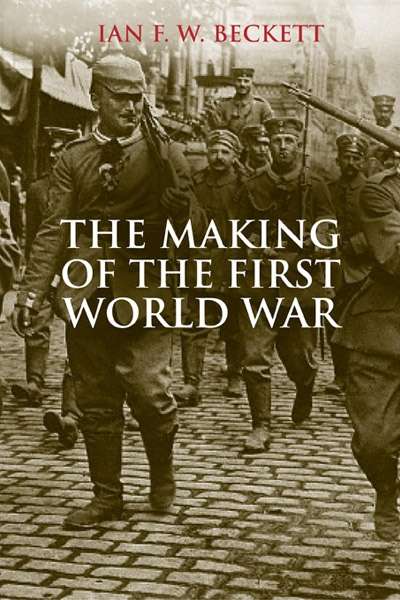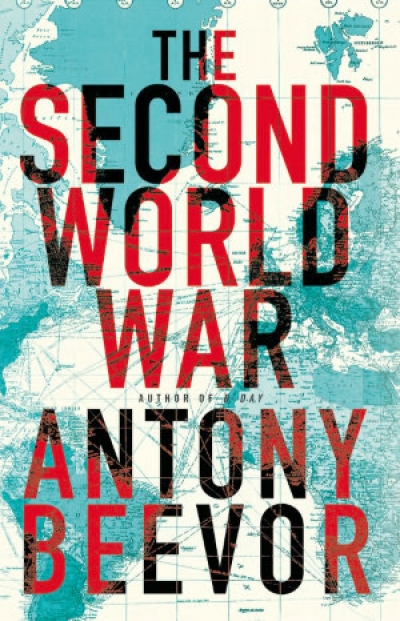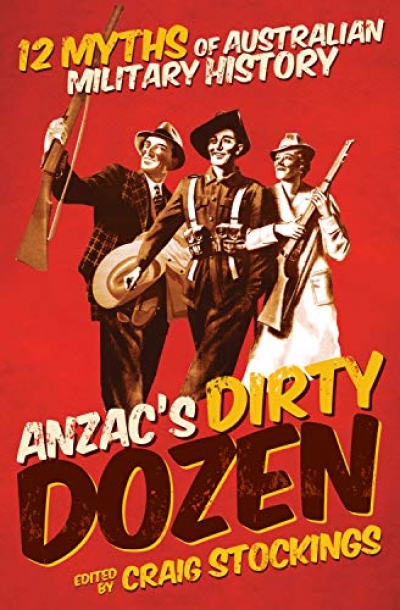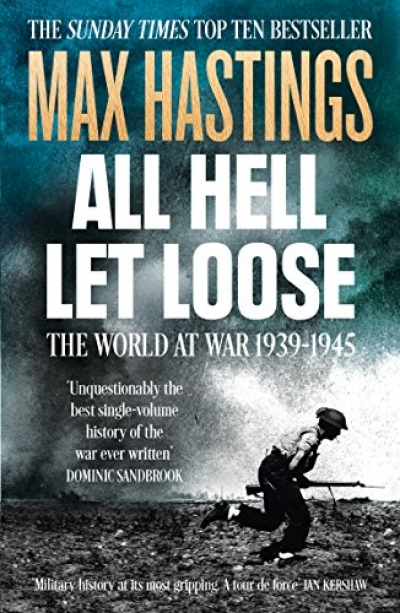Robin Prior
Krithia: The forgotten Anzac battle of Gallipoli by Mat McLachlan
by Robin Prior •
Fascists in Exile: Post-war displaced persons in Australia by Jayne Persian
by Robin Prior •
Conquer We Must: A military history of Britain 1914–1945 by Robin Prior
by Joan Beaumont •
The Battlefield of Imperishable Memory: Passchendaele and the Anzac Legend by Matthew Haultain-Gall
by Robin Prior •
The Roar of the Lion: The Untold Story of Churchill’s World War II Speeches by Richard Toye
by Robin Prior •
Anzac’s Dirty Dozen: 12 Myths of Australian Military History edited by Craig Stockings
by Robin Prior •
All Hell Let Loose: The World at War 1939–1945 by Max Hastings
by Robin Prior •

